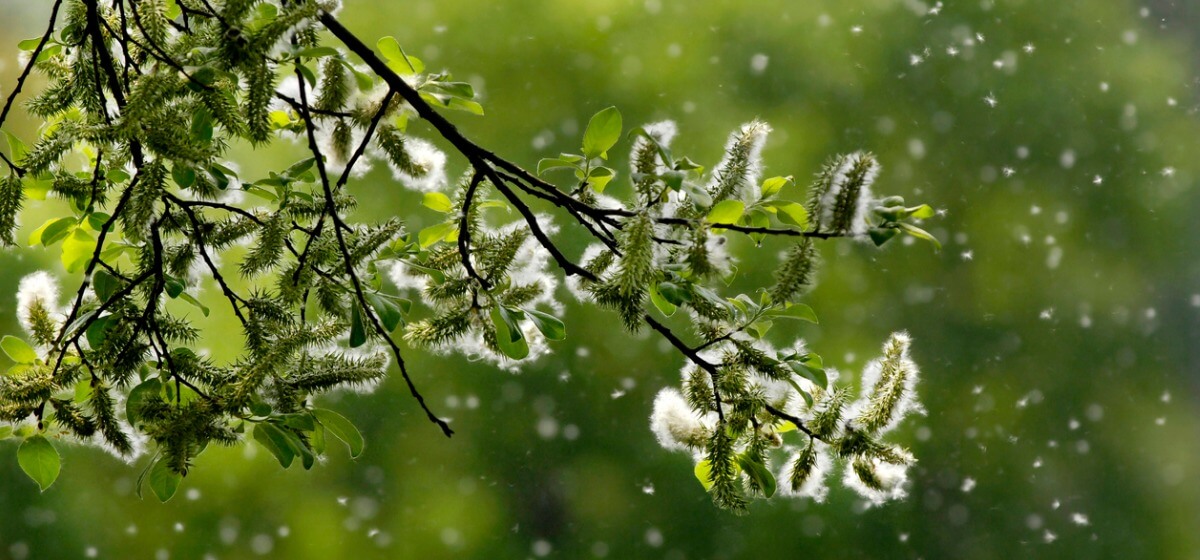Common Myths About Respiratory Allergies

Respiratory allergies have been widely studied, and allergists and other healthcare providers know a great deal about their causes and effective treatments. However, many myths about these conditions persist. If you suffer from allergies, it is important that you have the facts so that you can manage your symptoms properly.
Common Myths About Allergies
Below are some common myths about allergies and the corresponding facts.
Myth: Most children outgrow their allergies.
Fact: Children who have allergies typically still have them as adults. In some cases the symptoms are milder, but the underlying condition is still present. So, a “wait it out” strategy is probably not going to deliver results.
Myth: Moving to a desert climate can eliminate allergies.
Fact: Every climate has allergens. Switching locations may simply mean that you switch the source of your symptoms. And, don’t be fooled by temporary relief. It may take your body a period of time to recognize the new allergens and react to them. Your sniffle-free period will likely be short-lived.
Myth: Bouquets cause allergic reactions.
Fact: The pollen that cause respiratory allergies typically come from trees, grasses and weeds. The fresh-cut flowers in a vase probably don’t have many allergens. If the blossoms make you sneeze, it may be more of a conditioned response.
Myth: Allergy symptoms are limited to sneezing, congestion and watery/itchy eyes.
Fact: Allergies can cause a wide range of issues beyond the typical cold-like symptoms.
Myth: You can escape allergens by going to the beach.
Fact: While it’s true that beaches tend to have lower pollen counts in general, allergy-causing weeds and grasses typically are not far away. All it takes is a shift in the breeze to bring on symptoms.
Myth: If you make it through childhood without allergies, you won’t ever have them.
Fact: Adult-onset allergies are possible and more common than you might think.
Myth: Mold-related allergies only occur indoors.
Fact: You may notice mold more readily if it is growing in your home, but mold is everywhere in nature, from decaying leaves to rotting wood. Being outside may decrease your symptoms somewhat, but they probably won’t disappear entirely.
Manage Your Allergies to Breathe Easier
The keys to managing allergies more effectively are understanding the facts and working with your healthcare provider to come up with a treatment plan. The combination of avoiding allergens when possible and using medication as needed can help you breathe much easier.



